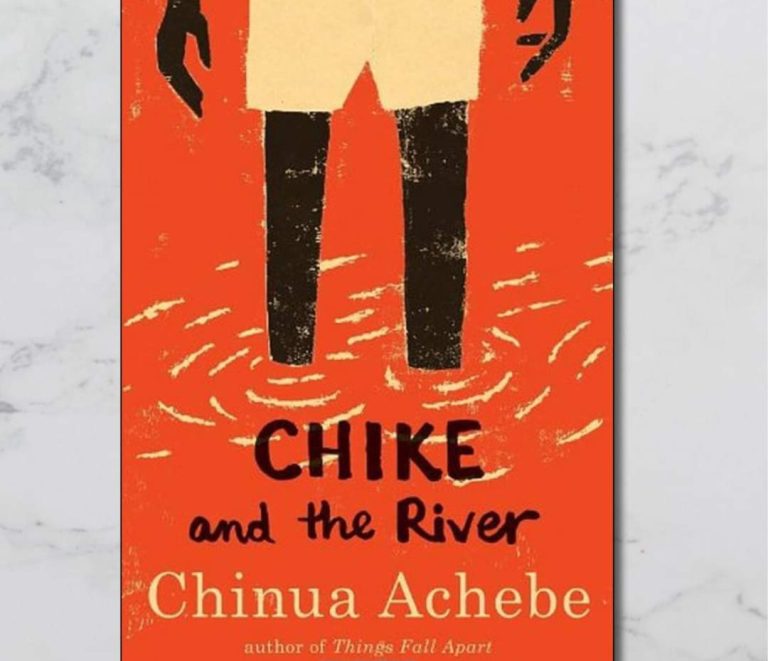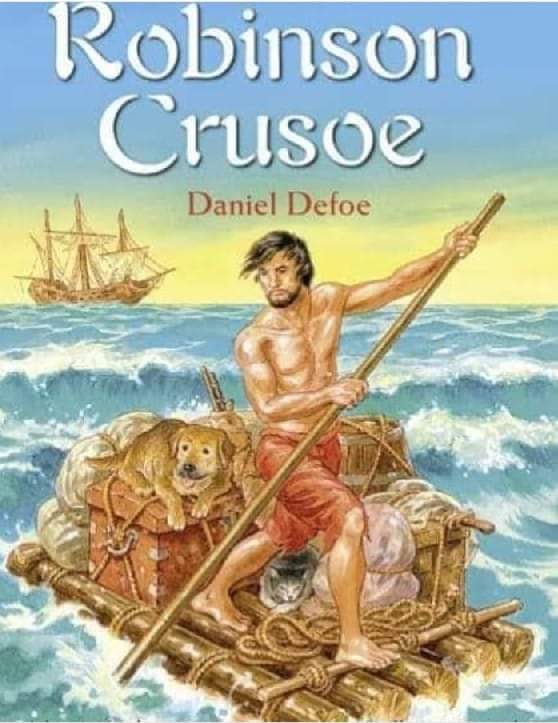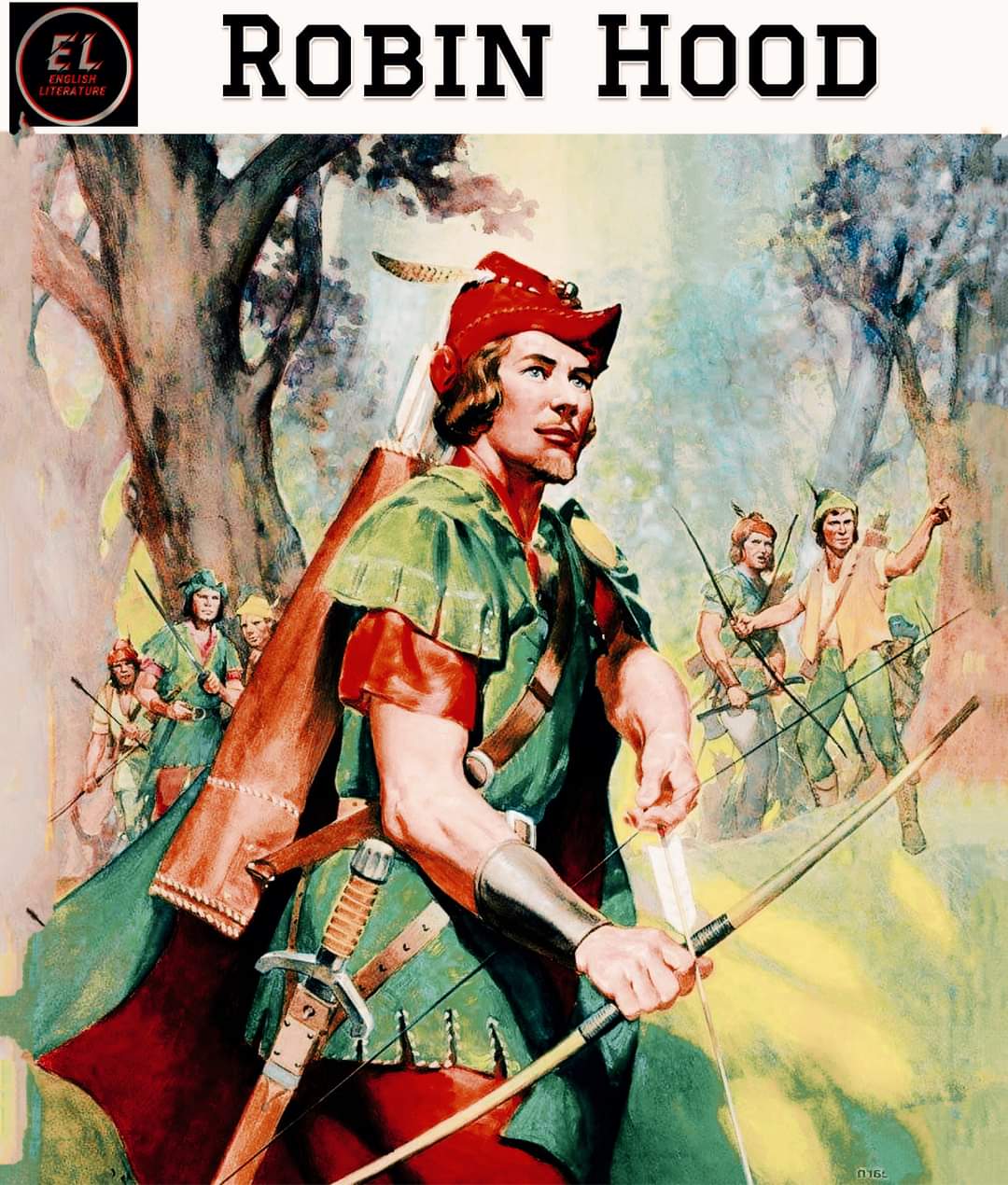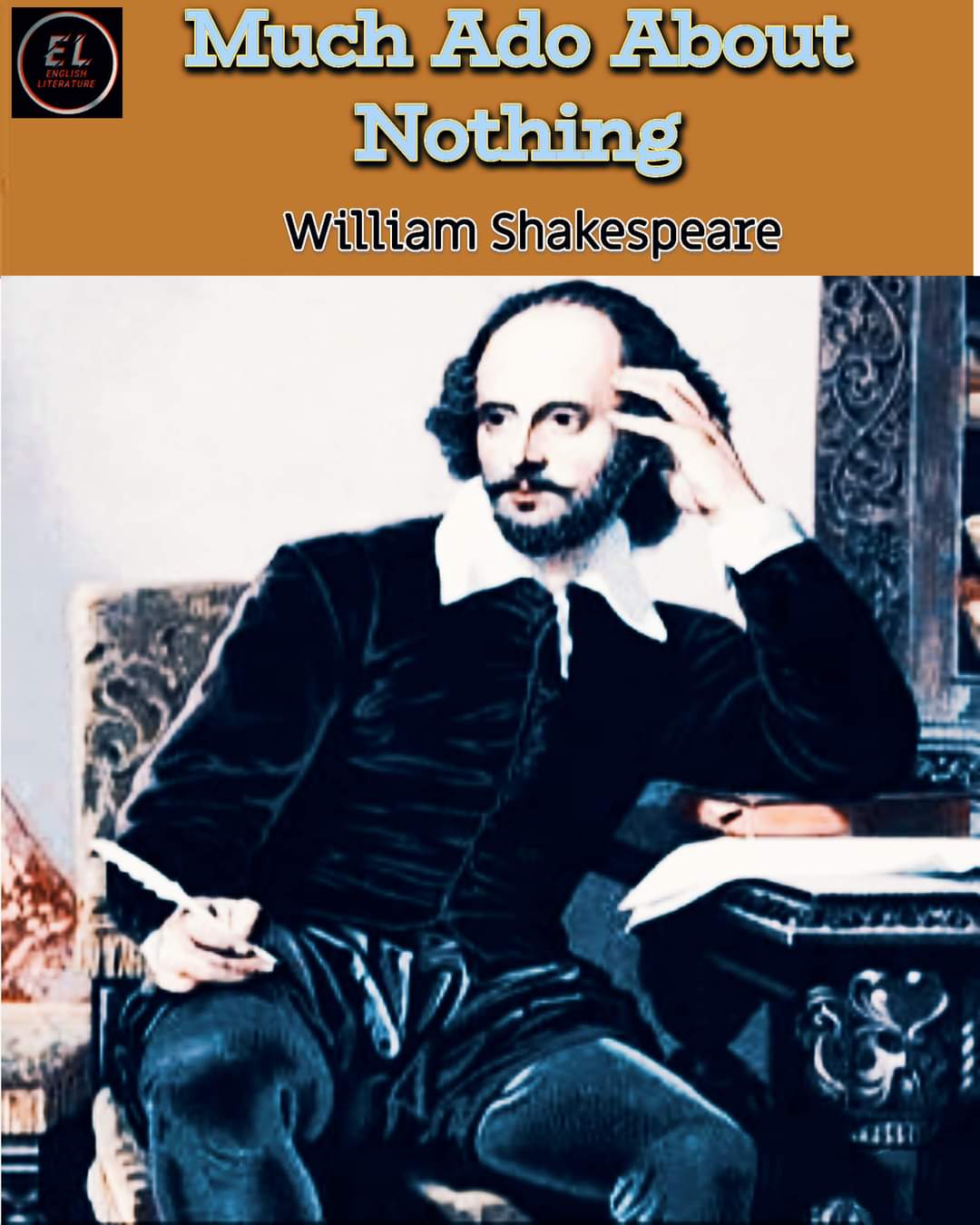In this novel, Chinua Achebe tells a story of Chike, an 11-year-old boy who hails from the village of Umuofia community. Chike is committed to doing everything possible to cross the River Niger and witness Asaba, Delta State capital.
Chike’s friends severally laughed at him for his mindset of visiting Asaba and wanting to live there. Chike’s intrigues to see bustling marketplaces, the big houses, and the strange foods were overwhelming.
His immediate family is very poor, and he cannot afford the amount of money (sixpence) needed to pay for the boat (ferry) to across the river.
Not hindered by its financial implications, Chike tries various ways to get the money to cross the river. He ventures into selling firewood, but his efforts are frustrated by the rainy season that wetted his firewoods, and rendered them irrelevant.
He switched to helping his mother sell her wares in the market, but the proceed was enough money to drive his vision. Then fishing becomes his next option which also ended on a rough note.
In the presence of his unsuccessful efforts, Chike remains focus to reach Asaba. One fateful day, while moving about near the river without searching for anything meaningful, he finds a sixpence misplaced by a rich businessman. He was happy. Chike, hence, has the opportunity to cross the river.
As Chike travels alone to Asaba, he faces new experiences and challenges. He is amazed by what he sees and the sounds he hears of the city. He also encounters strangers who are not always friendly. He learns to move the busy streets and markets, and he discovers new foods and drinks. That was his experience, quite different from his village.
Chike learns valuable lessons about life, courage, and determination. He discovered that the journey to Asaba is not just about a physical destination, but also about knowing what he can, and what he cannot do.
The author of the novel ended the story with Chike returning home to Umuofia, where his people and the same friends that mocked him celebrated him as a hero.








